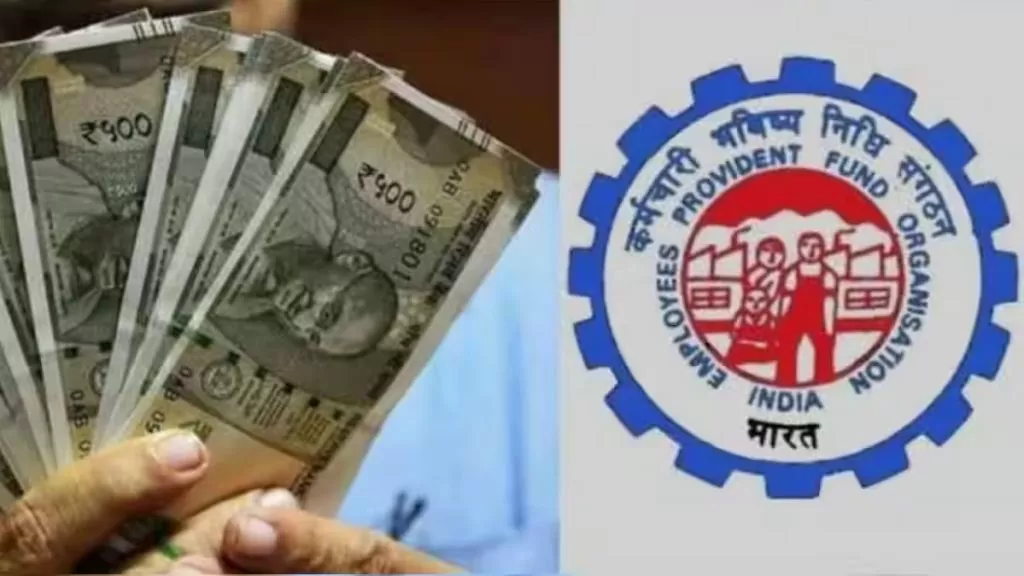EPFO: The Employees’ Provident Fund Organization (EPFO) has recently exempted certain categories of employees from the requirement of linking their Universal Account Number (UAN) with Aadhaar. This move will make it easier for those employees to make claims for whom obtaining Aadhaar is a difficult task.
Who is exempted?
International Employees: People who returned to their country after working in India and could not obtain Aadhaar.
Foreign Citizen: Indians who have acquired foreign citizenship.
Former Indian citizens who have moved abroad permanently.
Citizens of Nepal and Bhutan.
Employees covered under EPF and MP Act who live outside India and do not have Aadhaar.
Claim generation method
For these categories of employees, EPFO has allowed settlement of PF claims through other documents. Here is the list of those documents.
Verification Document – Passport, Citizenship Certificate or other official identity proof.
additional investigation: The verification will be done through PAN, bank account details and other eligibility criteria.
Employer Verification: For claims exceeding Rs 5 lakh, the authenticity of the member will be verified from the employer.
Method of Claim Settlement: All claims will be made through NEFT to ensure secure transactions.
epfo rules
The authorities will have to carefully examine all this.
Approval will have to be taken through Officer in Charge (OIC) through e-office file.
Employees have been advised to maintain the same UAN throughout their career and transfer the previous service records to the existing UAN.
Benefits of this change
This relaxation solves the problems of those employees who are facing difficulty in obtaining Aadhaar. Optional identity verification makes the entire process easy and secure.
What should employees do?
Keep optional documents like passport and citizenship certificate ready.
Integrate all UANs using one member one EPF account facility of EPFO.
